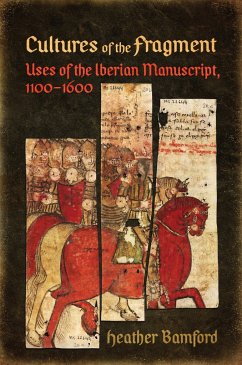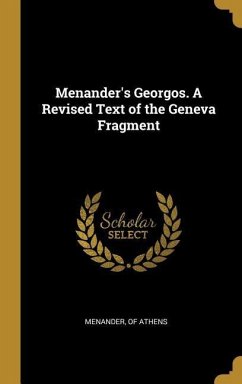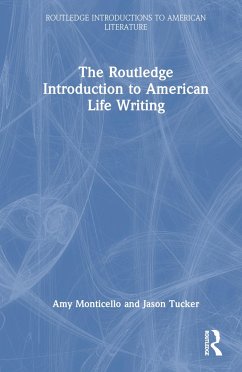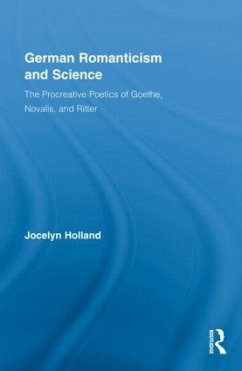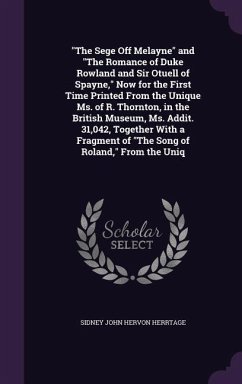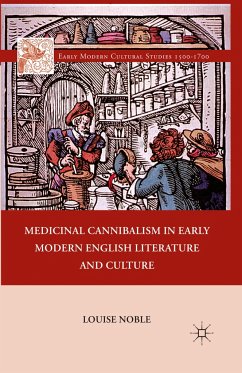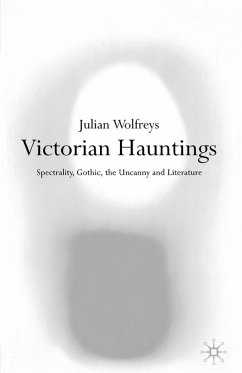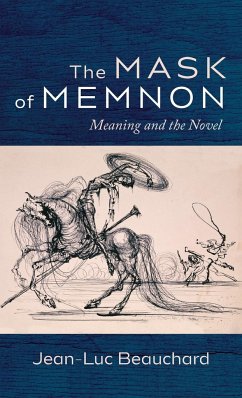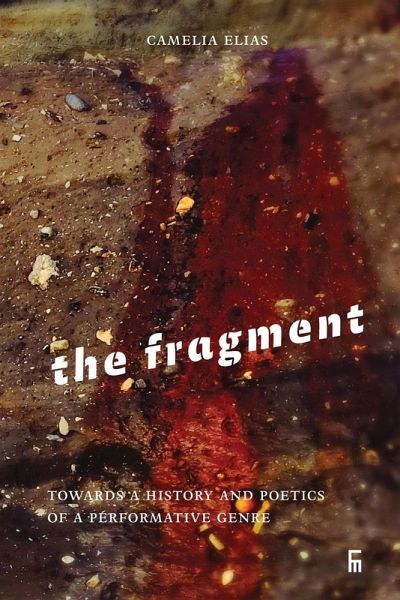
The Fragment
Towards a History and Poetics of a Performative Genre
Versandkostenfrei!
Versandfertig in 1-2 Wochen
31,99 €
inkl. MwSt.

PAYBACK Punkte
16 °P sammeln!
This monograph is an interdisciplinary study of the concept of 'fragment' in literature and in critical and literary theory. It discusses the fragment's performativity and function within a historical perspective, stretching from Heraclitus, via the German Romantics and European writers of the Modernist period, to American postmodern manifestations of the fragment. This is the first history of the fragment to appear in English, and it is also the first attempt at producing a consistent taxonomy of literary and critical fragments. The fragments are categorised according to function, not author ...
This monograph is an interdisciplinary study of the concept of 'fragment' in literature and in critical and literary theory. It discusses the fragment's performativity and function within a historical perspective, stretching from Heraclitus, via the German Romantics and European writers of the Modernist period, to American postmodern manifestations of the fragment. This is the first history of the fragment to appear in English, and it is also the first attempt at producing a consistent taxonomy of literary and critical fragments. The fragments are categorised according to function, not author intention, and the study addresses a number of questions: What constitutes the fragment when the fragment can only be defined a posteriori? Does the fragment begin on its own, or is it begun by others, writers and critics? Does it acquire a name of its own, or is it labeled by others? All these questions revolve around issues of agency, and they are best discussed in terms of performativity, which means seeing fragments as acts: acts of literature, acts of reading, acts of writing. The book demonstrates how a poetics of the fragment as a performative genre can be created, situating the fragment both as literature and as a phenomenon within postmodern criticism (especially in poststructuralist, deconstructive theory which tends towards a fragmentary style itself) against the background of philosophy, art history, and theology. Among the authors discussed are Heraclitus, Friedrich Schlegel, Louis Aragon, Gertrude Stein, Emile Cioran, Mark C. Taylor, Marcel Bénabou, Gordon Lish, Jacques Derrida, Avital Ronell, Nicole Brossard, David Markson, Walter Benjamin, Wittgenstein, and the Oulipo literary movement.



